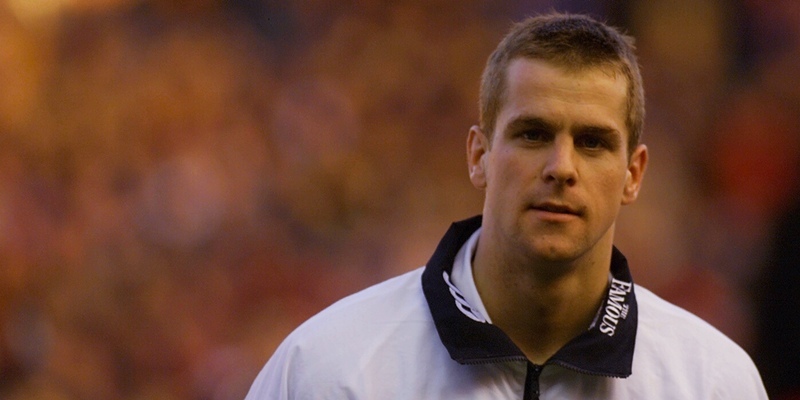If Chris Paterson came across to those who don’t know him as an honest, hardworking and thoroughly decent human being, then we who covered him for 12 years are probably to blame.
Scotland’s most-capped player was also its most visible figure in that time. No player has been more interviewed than ‘Mossy’ and his image as the teetotal, super-dedicated but thoroughly nice guy comes from that.
And the image is actually accurate, largely because in an era where Scottish rugby suffered more heartaches than successes, Paterson never shirked the public aspect.
When Scotland win, the players tend to charge through for post-match interviews and bask in the glow, and that’s only natural.
You could always depend on Paterson being there whatever the result, making an honest appraisal of what had happened and being unfailingly modest if his exploits had resulted in victory as they almost always did, if Scotland won.
So if we’re being accused of having liked Paterson and maybe even letting the professional cynicism slip sometimes, then sorry we’re guilty.
But he really didn’t need our help. The crowd at Murrayfield’s affinity with Paterson they once cheered him for standing up from the replacements’ bench was never forced.
He was good enough to play three positions for Scotland and excel at them all.
He didn’t win 109 caps, score 809 points, be statistically the most reliable kicker in international history and score tries of elusive brilliance just because there was no one else to do it.
I first saw a 17-year-old Paterson in 1996 playing for Gala against Dundee HSFP at Mayfield and he was obviously a talent, spoken of as the next John Rutherford.
He won the cup for Gala in 1999, broke into pro rugby and made the World Cup squad that autumn, making his debut against Spain.
For Scotland A the next spring, in Colleferro just south of Rome, I saw him make the most exquisite weighted pass to Graham Shiel for a try, surely proof he was the next great Scottish fly-half.
But the top team’s awful loss to Italy in the first Six Nations match the next day launched a crisis where Paterson was fast-tracked into the full national team, perhaps too soon.
Somehow Chris never found his way to what mostly everyone now agrees was his best position.
He wasn’t even the regular kicker for Scotland and Edinburgh until 2003 and specialist coach Mick ‘The Kick’ Byrne identified him as the best natural placekicker in the squad.
Paterson has had a magnificent career, but there will always be a suspicion it could have been even greater, and that Scotland never made the most of him.
Nevertheless, the records were all to fall to him, and despite appearances to the contrary he knew them all better than any statistician.
Only Ian Smith’s try record of 24 eluded him, and when he suffered an appalling injury on his 100th cap against Wales the motivation was still there.
”I couldn’t end it like that,” he said. He proudly fought his way back into the team, and it was fitting that it ended at his record fourth World Cup.
Pride is what Paterson was all about. He revered the jersey, and his decision to go now reflects that.
He is also proud of being a relatively small player in an era of rugby monsters. And perhaps that’s where his affinity with the Murrayfield crowd comes from.
They recognised that the slightly-built lad from Galashiels was, despite all the caps and all the records, really just one of them.
